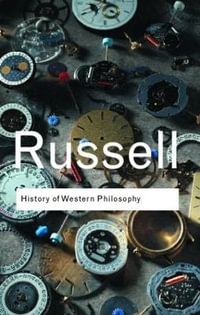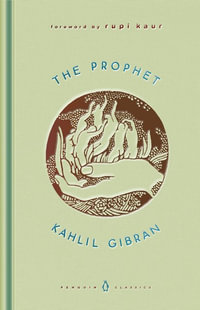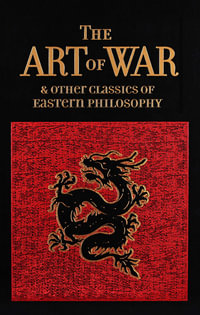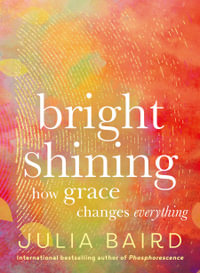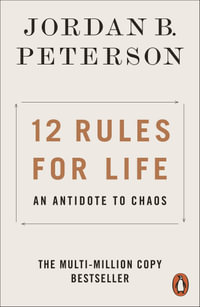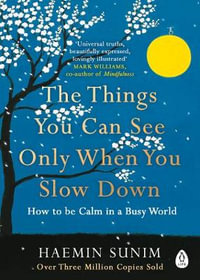
Carbon
A Biography
By: Bernadette Bensaude-Vincent, Sacha Loeve, Stephen Muecke (Translator)
Hardcover | 10 September 2024
At a Glance
Hardcover
RRP $61.95
$42.40
32%OFF
Aims to ship in 7 to 10 business days
When will this arrive by?
Enter delivery postcode to estimate
Carbon is much more than a chemical element: it is a polymorphic entity with many faces, at once natural, cultural and social. Ranging across ten million different compounds, carbon has as many personas in nature as it has roles in human life on earth. And yet it rarely makes the headlines as anything other than the villain of our fossil-based economy, feeding an addiction which is driving dangerous levels of consumption and international conflict and which, left unchecked, could lead to our demise as a species. But the impact of CO? on climate change only tells part of the story, and to demonize carbon as an element which will bring about the downfall of humanity is to reduce it to a pale shadow of itself.
In this major new history of carbon, Bernadette Bensaude-Vincent and Sacha Loeve show that this omnipresent element is at the root of countless histories and adventures through time, thanks to its extraordinary versatility. Carbon has a long and prestigious CV: its work and achievements extend far beyond the burning of fossil fuels. The fourth most abundant element in the universe and the second most abundant element in the human body, carbon is the chemical basis of all known life. Carbon chemistry has a long history, with applications ranging from jewellery to heating, underpinning developments in metallurgy, textiles, pharmaceuticals, electronics, nanoscience and green technologies.
A biography of carbon transgresses the boundaries between chemical and social existence, between nature and culture, forcing us to abandon the simplified image of carbon as the anti-hero of human civilization and enabling us to see instead the great diversity of carbon’s modes of existence. With scientific precision and literary flair, Bensaude-Vincent and Loeve unravel the surprising ways in which carbon has shaped our world, showing how unrecognizable the earth would be without it. Uncovering the many hidden lives of carbon allows us to view our own with fresh eyes.
Industry Reviews
‘Carbon: A Biography is brilliant. Commonly invoked in reductive logics as ruinous of earthly life, carbon, in Bensaude-Vincent and Loeve’s masterful hands, transforms into polymorphic matter. With expansive erudition, the authors unfold carbon’s multiply contingent materializations – in chemistry and cosmology, technology and the arts, industry and geopolitics, and geology and biology. Instead of an isolated, inert entity to be quantified and captured, carbon becomes a wondrous, wily and generative element whose affordances and capacities arise through complex relationality. Under Bensaude-Vincent and Loeve’s guidance, carbon’s multiple modes of existence compel a renewed urgency for inhabiting our climate crisis otherwise.’
Suzana Sawyer, University of California, Davis
‘Travelling a course from the stars to the underground and from deep time to uncertain climate futures, Bensaude-Vincent and Loeve provide readers with an unparalleled elemental biography on that most fundamental of substances: carbon. Prepare to pass through an atom to encounter fossils and fire, coal and gases, crystals and nanoworlds, as the multiplicity of carbon dances into being in this fascinating and essential study.’
Jennifer Gabrys, University of Cambridge
‘Bensaude-Vincent and Loeve are on a rescue mission to save carbon from its one-dimensional much-maligned role in public life today. And carbon has never been in better hands. This book, like carbon itself, is an allotrope: guidebook, philosophy, geomythology, critique and biography of carbon. The authors navigate the immense centrality of carbon to human life, from Mephitus to Lavoisier, from the periodic table to the carbon–carbon bond, from macro to nano, from common measure to common enemy. Bensaude-Vincent and Loeve are your guides to carbon’s pluriverse.’
Christopher M. Kelty, UCLA
‘Ambitious in scope and aspiration, this book transforms our ideas of what substance “biographies” can achieve, exploring the variety of carbon’s ways of being, narrated across cosmological, planetary and human histories. Deft in analysis, original in its interpretive concepts, it is engagingly and accessibly written – highly recommended.’
John R. R. Christie, University of Oxford
ISBN: 9781509559206
ISBN-10: 1509559205
Published: 10th September 2024
Format: Hardcover
Language: English
Number of Pages: 304
Audience: Professional and Scholarly
Publisher: John Wiley & Sons (UK)
Country of Publication: GB
Dimensions (cm): 23.5 x 16.0 x 2.9
Weight (kg): 0.59
Shipping
| Standard Shipping | Express Shipping | |
|---|---|---|
| Metro postcodes: | $9.99 | $14.95 |
| Regional postcodes: | $9.99 | $14.95 |
| Rural postcodes: | $9.99 | $14.95 |
How to return your order
At Booktopia, we offer hassle-free returns in accordance with our returns policy. If you wish to return an item, please get in touch with Booktopia Customer Care.
Additional postage charges may be applicable.
Defective items
If there is a problem with any of the items received for your order then the Booktopia Customer Care team is ready to assist you.
For more info please visit our Help Centre.

